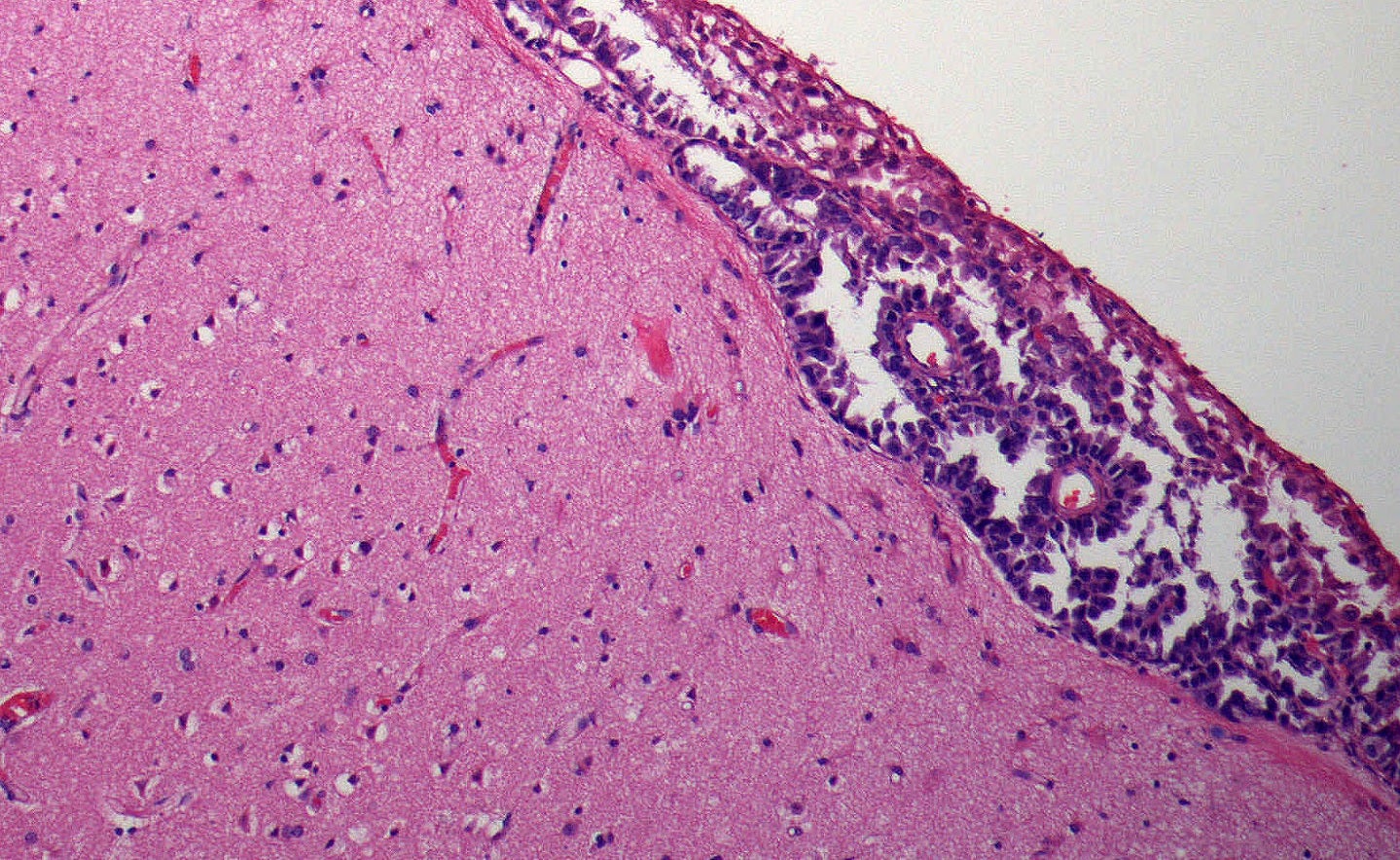
Plus Therapeutics has treated the first participant in Cohort 3 of the Phase I/IIa ReSPECT-LM clinical trial of rhenium (186Re) obisbemeda to treat leptomeningeal metastases (LM) from solid tumours.
The company completed Cohorts 1 and 2 along with the recommendation of the Data and Safety Monitoring Board (DSMB) of the trial for advancing into Cohort 3.

Discover B2B Marketing That Performs
Combine business intelligence and editorial excellence to reach engaged professionals across 36 leading media platforms.
The single dose, dose escalation, multicentre, open-label, sequential cohort Phase I/IIa trial has been designed for assessing the safety, efficacy, maximum feasible dose, and maximum tolerated dose of single rhenium (186Re) obisbemeda administration through an intraventricular catheter in LM patients after standard surgical, radiation and/or chemotherapy.
Plus Therapeutics stated that the trial is using a modified Fibonacci 3+3 study design.
The incidence and severity of adverse events/serious adverse events and dose limiting toxicities are the trial’s primary endpoints.
Progression free survival, overall response rate and overall survival are some of the secondary endpoints of the trial.

US Tariffs are shifting - will you react or anticipate?
Don’t let policy changes catch you off guard. Stay proactive with real-time data and expert analysis.
By GlobalDataPlus Therapeutics chief medical officer Norman LaFrance said: “Through Cohorts 1 and 2 and the first patient in Cohort 3, the observed safety profile and clinical signs and symptoms coupled with biological tumour cell count data of patient response, even at low, early administered doses of radiation, are encouraging.
“We remain on track to meet our key 2023 milestones for LM including a US Food and Drug Administration (FDA) meeting to determine the dose expansion regime, beginning with Part B of the Phase 1 trial, and presentations of the preliminary Phase I/Part A data at medical meetings in the second half of 2023.”





